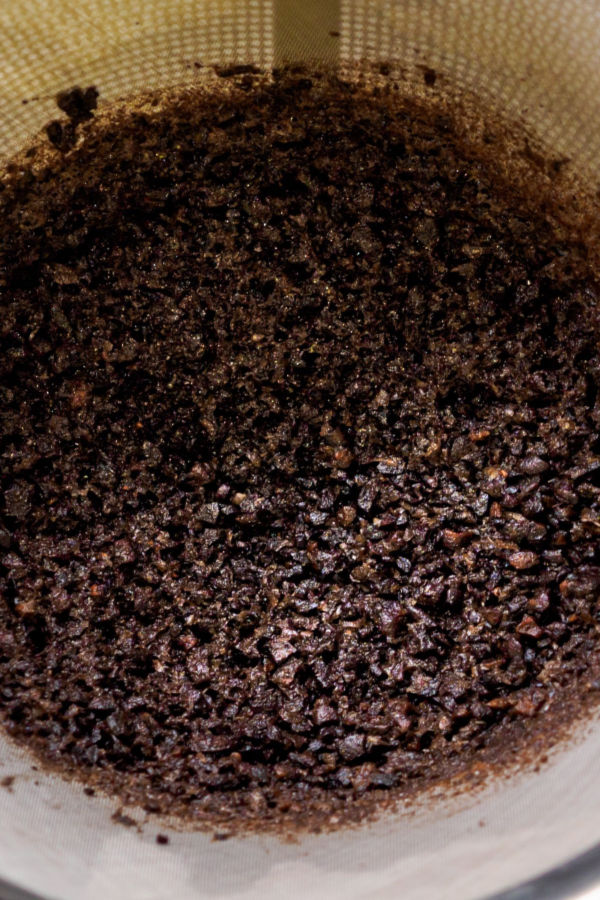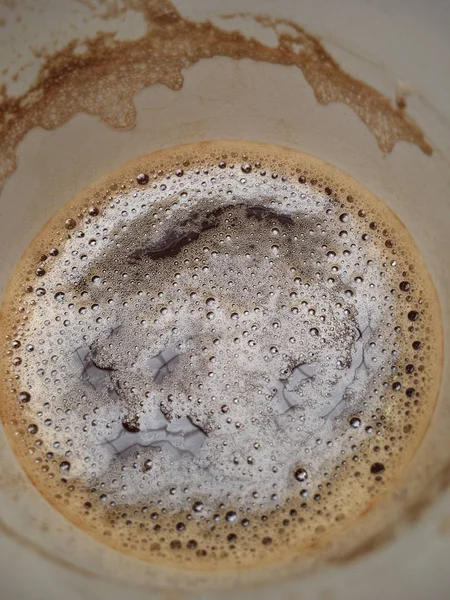Disposing of Coffee Grounds in the Sink: Possible or No? - Expert Advice You Need
Disposing of Coffee Grounds in the Sink: Possible or No? - Expert Advice You Need
Blog Article
The article which follows in relation to Should You Put Coffee Grounds Down the Sink? is particularly informative. Check it out for your own benefit and see what you think of it.

If you're a passionate coffee enthusiast, you might be questioning the most effective way to take care of your coffee grounds. While it may appear hassle-free to wash them down the sink, this practice can cause several issues for both your plumbing and the atmosphere. In this write-up, we'll discover whether it's secure to put coffee premises down the sink and go over different disposal methods to think about.
Alternatives to Disposing of Coffee Grounds
Garbage Disposal
If you do not have a composting arrangement, another option is to simply throw your coffee grounds in the garbage. Make certain to secure them in a compostable bag or container to stop odors and leak. While this technique doesn't use the very same ecological advantages as composting, it's a safe and practical method to take care of coffee premises.
Composting
One eco-friendly choice for throwing away coffee premises is to compost them. Coffee premises are abundant in nitrogen, making them an excellent enhancement to compost piles or bins. As they decay, they include nutrients to the dirt, improving its fertility and structure.
Dangers of Putting Coffee Grounds Down the Sink
Plumbing Issues
Among the primary interest in dealing with coffee grounds down the sink is the danger of blocking your pipelines. Coffee premises don't dissolve in water and can accumulate over time, developing a thick sludge that can block drains and cause costly plumbing fixings.
Ecological Impact
Beyond the potential damages to your plumbing, placing coffee grounds down the sink can also harm the environment. When washed into the sewer system, coffee premises can add to clogs in sewer lines and therapy centers. Additionally, the high concentration of raw material in coffee premises can diminish oxygen levels in rivers, negatively influencing aquatic life.
Tips for Proper Disposal
Regular Maintenance
Regardless of how you select to throw away your coffee premises, it's vital to keep your plumbing regularly. Schedule regular drain cleanings to get rid of any kind of accumulation and make sure that your pipes stay clear and free-flowing.
Make Use Of a Sink Strainer
To avoid coffee premises from entering your sink's drainpipe in the first place, take into consideration utilizing a sink filter. These cost-effective tools catch strong particles, consisting of coffee grounds, preventing them from creating obstructions.
Verdict
While it might be alluring to clean coffee premises down the sink for convenience, doing so can have severe effects for your plumbing and the setting. Instead, take into consideration composting your coffee premises or throwing away them in the garbage. By taking on liable disposal techniques, you can enjoy your coffee guilt-free while decreasing your eco-friendly impact.
Coffee Grounds Down The Drain: Are They OK?
Can Coffee Grounds Go Down the Sink?
You may be thinking, “But I pour them down the sink drain every day and I’ve never had a clogged drain!” You see, coffee grounds come from coffee beans, which are virtually rock hard by the time they’re ground and brewed. You certainly wouldn’t want to grind up the pit from a peach, apricot, or nectarine that is about just as hard because they wouldn’t break down like other foods, and it’s the same with coffee beans!
If you usually grind coffee beans in the garbage disposal because it seems the cleanest and convenient, we don’t fault you for that. And anyone who has ever had to clean up the trash with spilled coffee grounds after a dog got into it would understand the rationale. Unfortunately, coffee grounds do not break down in water, so instead of grinding up and washing away as normal foods do in a garbage disposal, they clump together and as time goes by, the grounds can form a clump and pack the drain until it develops a clog.
What to Do With Coffee Grounds
So, what do you do with coffee grounds if you can't put them down the drain? You could of course just throw them in the garbage, but we encourage you to give these practical uses for them a try!
Since coffee grounds contain key minerals for plant growth, you can use them to fertilize your garden. Coffee grounds not only fertilize gardens because they are mineral-rich, but they are also great at absorbing contaminants in the soil, particularly heavy metals. Coffee grounds are said to attract worms, which help gardens flourish. You can use coffee grounds as fertilizer by sprinkling them around your plants. You can compost your coffee grounds and use them at a later time. Coffee grounds are great insect repellents when you place them in bowls or sprinkle them around the areas you want to repel insects. To remove fleas from your dog or cat, simply shampoo your pet then rub coffee grounds throughout their fur. Rinse them off and dry as usual. Like baking soda, used coffee grounds can eliminate odors. You can place them in a bowl in the fridge and let them do the work! Mix coffee grounds with coconut oil for a wonderful face or body scrub, or to reduce the appearance of cellulite. https://www.wintershomeservices.com/blog/2019/august/coffee-grounds-down-the-drain-are-they-ok-/

As an enthusiastic reader on What are the consequences of putting coffee grounds, I was thinking sharing that post was a great idea. Are you aware of somebody who is interested by the subject? Why not share it. I recognize the value of reading our article about Can Coffee Grounds Go Down the Drain or Sink?.
Free Estimates Report this page